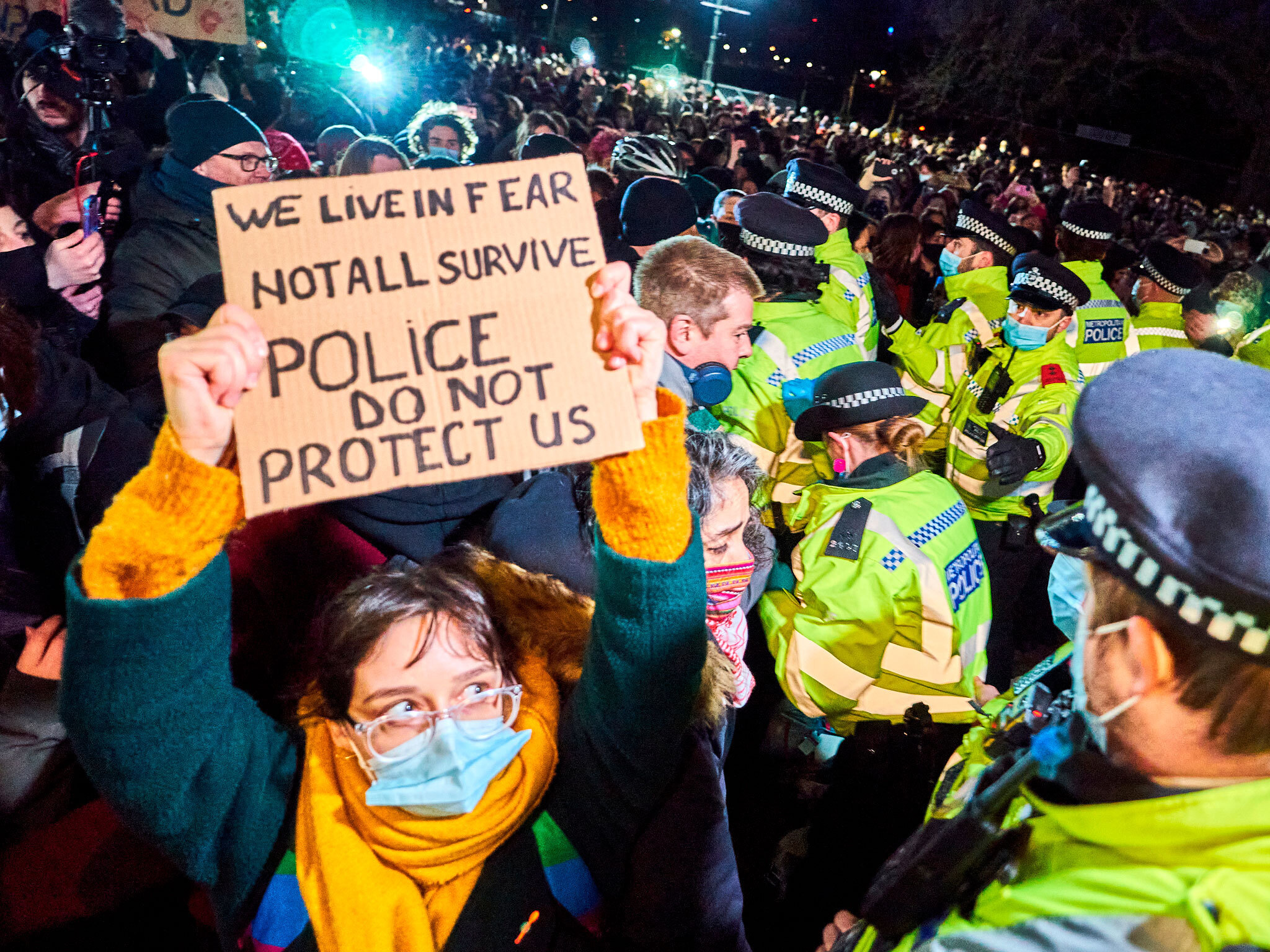
The module: SOCI8220 Social and Political Movements
If you’ve ever aspired to change the world, you’ll likely understand the significance of a class like Social and Political Movements. The sociology module, taught by Dr Corey Wrenn and Dr Alexander Hensby, investigates theories and trends in how to mobilise social change, influence politics, and shift culture.
In the class, students examine prevailing theories that have shaped social movement studies over the past century in order to identify how everyday people can come together to create the world they envision. Students are guided through a wide variety of social movements across the world, including civil rights and Black Lives Matter activism in America, Irish independence, student democracy movements in Korea, environmentalism, animal rights, and feminism. These movements have shaped our past, present, and future, even those of us who don’t consider ourselves “activists.”
SOCI8220: Social and Political Movements
This class is offered every autumn as an optional module for students in Sociology, Criminology, International Social Policy, Research Methods, and other programmes in the School of Social Policy, Sociology and Social Research.
This module introduces students to the concept of social change via extra-institutional channels, that is, through protest. In democratic societies in which voting is widely accessible, why is it that people opt to form or join social movements to express themselves or advocate for new social arrangements? Students will also explore the many ways in which social change might be achieved, a discourse that is rich with various approaches, theories, and debates. Many of the conversations started in the 1960s still motivate research and critical thought today, as movements continue to be a staple of modern life.
Students then apply what they learn in class in a final essay which offers them the opportunity to explore a major debate or topic in social movement theory in detail. Students employ independent research to integrate key concepts from lecture and assigned readings for a more complex and nuanced examination of the big questions that continue to inspire researchers and activists. Many students take this assignment as an opportunity to spotlight a social or political movement of their choosing, creating a critical analysis of strategies, political contexts, and other variables that make or break a movement.
Why is it being taught?
Social movements are a key part of social life, particularly after the rise of civil rights activism in the 1950s and 1960s. By the 1980s, the nonprofit sector (comprised of social movements that have professionalized) had become one of the world’s largest economies and political forces, responsible for considerable fundraising, employment, development, and philanthropic initiatives. Social movements have also infiltrated or otherwise influenced governments, as was the case with green parties. Some have even inspired revolutions.
Sociologists recognize that these movements are a key means of achieving social change, particularly in societies where traditional channels for social change are too slow or too inaccessible. Students taking this class will learn about the fascinating science of how social change happens outside of the voting booth or battlefield. They will also learn about the many caveats that social movements must negotiate when they become successful. What does it mean, for instance, when social movements rise to become a powerful economic force, as has been the case in the nonprofit sector? What does it mean when an extra-institutional social movement absorbs into regular institutions of social change, such as the case with green parties? Are these measures of success or selling out?
Who’s taking it?
This class is for postgraduate students of every level. Many of our students come from sociology, criminology, international social policy, and research methods. Students interested in policy change and political sociology are often drawn to the class, but a large number of students from international social policy also join us, particularly students from overseas. Most of our students do not identify as activists themselves, but benefit from learning about processes of social change.
Who’s teaching it?
Corey Wrenn is a lecturer in Sociology with the School of Social Policy, Sociology, and Social Research who specializes in social movement theory, particularly the animal rights movement, environmentalism, feminism, and Irish social movements. She has published three books on the politics of animal rights mobilization and is a global leader in vegan sociology.
Alex Hensby is also a lecturer in Sociology with the School of Social Policy, Sociology, and Social Research who specializes in social movement theory. Alex has published in areas related to student activism, environmentalism, globalization, and racial justice campaigning in the United States.
Corey and Alex share teaching responsibilities, but join students together for the final lecture to discuss the legacy of social movements on society and us as individuals. Both Corey and Alex share a love of protest as a means of civic engagement and are fascinated by the science of social movements. Together, they have published a wide variety of books and academic articles on this topic area.
What students might be surprised to learn
Every one of us, whether or not we identify as an activist and even if we’ve never participated in a protest, are personally impacted by social movements. Movements have shaped our laws, language, love, ideas and philosophy, fashion, music, and even our access to higher education. Even if we don’t feel like we are a part of social movements, social movements are very much a part of us.
Those who are more directly involved in activism and philanthropy may be surprised to learn that social movements, like many social phenomena, demonstrate measurable and predictable patterns. Oftentimes, activists shape their campaigning according to tradition or best guesses; this is an unnecessary disadvantage. There is a science to social change, and this class equips students with the tools for unlocking effective strategies for success.
Where do students go next?
Students who are interested in learning more about social change and politics have access to several other SSPSSR modules in these areas, such as SOCI8230 Political Economy of Development and SOCI9820 Migration, Borders, and Transnationalism in Global Societies. Our Philanthropy program also offers a robust range of modules on the art and science of fundraising, volunteering, and managing successful nonprofits.
The reading list
Books:
della Porta, D. and M. Diani. 2006. Social Movements: An Introduction. Oxford: Blackwell.
- Snow, S. Soule, and H. Kriesi. 2004. The Blackwell Companion to Social Movements: Blackwell.
Gamson, W. 1990. The Strategy of Social Protest. Lanham: Rowman & Littlefield.
Movies:
- 13th
- Blackfish
- Forrest Gump
- Gandhi
- Milk
- Suffragette
Courses module taught on:
Location: Canterbury
Term: Autumn
Level: 7
Credits (ECTS): 20 (10)
